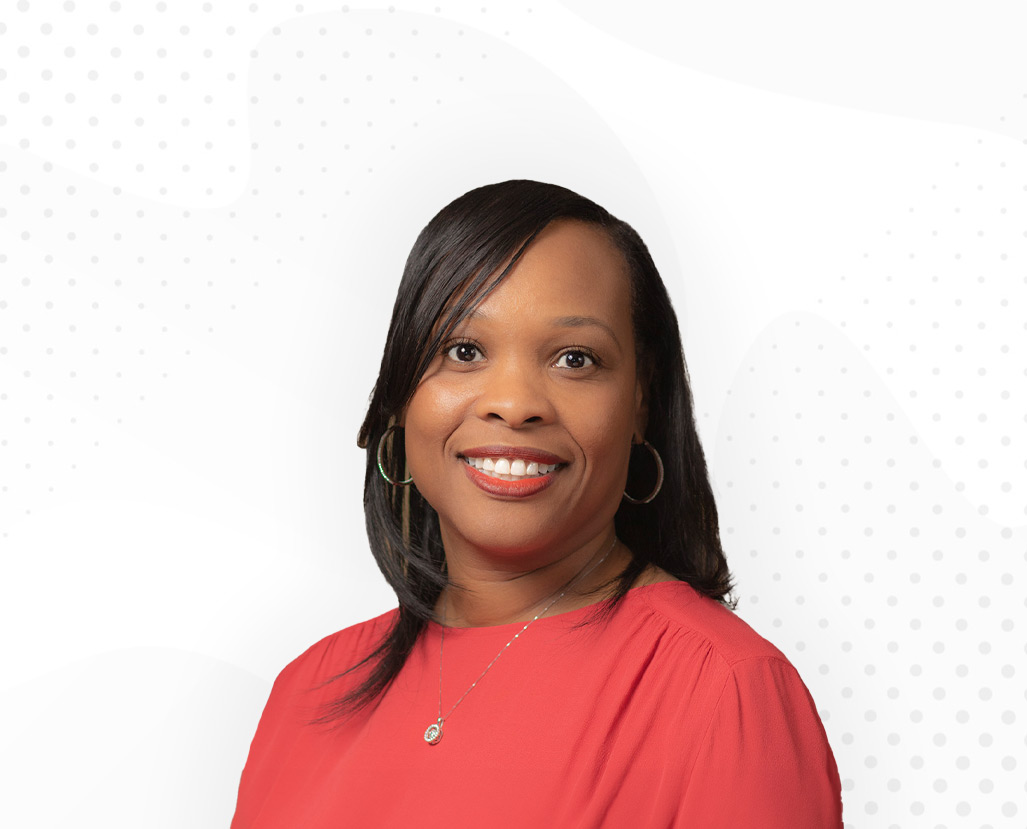It comes down to a combination of passion, operational excellence, and accountability. Our team believes in the work we’re doing. Operational excellence ensures everything runs smoothly, and accountability keeps everyone on track. When you combine empathy with a disciplined approach, you get outcomes that matter.
Our model recognizes and delivers services in a manner that meets people where they are. We offer a series of skill-building topics, such as co-parenting, career development, and financial management, to help fathers become the best dads they can be. The program's design ensures that fathers are not just learning how to provide but how to contribute meaningfully to their children's lives — emotionally and psychologically.
One particular area I’m proud of and see potential in is voluntary co-parenting agreements. Unlike court-imposed agreements, these are driven by the parents—the fathers and mothers themselves. They’re transformative because they shift the entire co-parenting dynamic. In fact, 32% of our participants have signed these agreements. That’s a testament to the personal growth happening.
Community partnerships are also key to our work. For example, we partner with technology schools to offer crucial tech certifications for many of our justice-involved fathers. These certifications help them break into industries that prioritize skills over background and create sustainable employment opportunities, not just temporary fixes.

